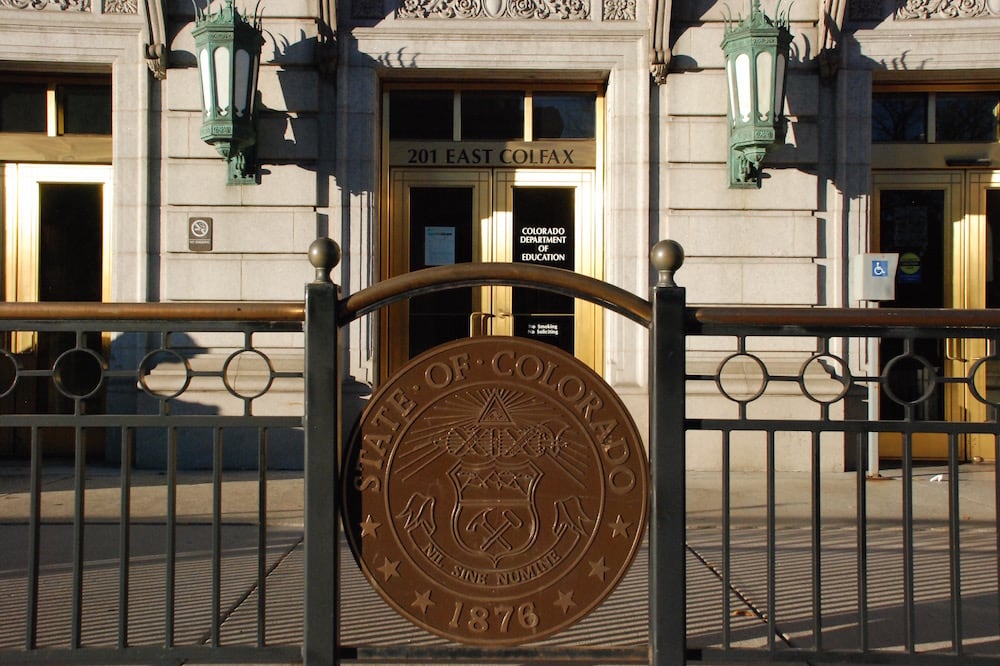A Denver judge dismissed the Adams 14 school district’s lawsuit against the state on Friday afternoon.
In a six-page order, Denver District Judge Michael Martinez concludes that the district failed to prove it had standing to bring the complaint or that the state had caused “irreparable injury.”
“While plaintiffs in their response dedicate significant time to describing the harms associated with their complaint, they fail to explain how or point to an allegation showing that these harms are in fact irreparable,” the judge’s order states.
The district had argued in a lawsuit filed last month that the State Board of Education was violating the district’s rights in its accountability proceedings to determine the fate of the district.
The State Board will hold new hearings in mid-April to discuss new orders for improving the district, which has been low-performing for years. Among the options is the possibility of closing one or more schools, or dissolving the district.
Adams 14 brought on a new attorney, Joe Salazar, earlier this school year. He filed the lawsuit in Denver District Court arguing that the State Board must consider all evidence the district presents and must allow the district more time to present its case. The lawsuit also demanded State Board member Steve Durham be barred from participating in the hearing because district officials believe he is biased against them. Salazar argued the state’s proceedings violated the law.
Meanwhile, attorneys for the state had asked the judge to dismiss the case, stating their procedures follow the law.
Typically, the hearings for schools or districts facing state orders over low performance last a little more than two hours. The State Board hears 30 minutes of evidence and arguments from Colorado Department of Education staff, then 30 minutes from school or district officials.
State Board members consider only information presented in the hearing and recommendations from a panel of experts who are asked to visit the site. State Board members then discuss recommendations before voting on a plan and orders for the district.
Read the judge’s order here:
Yesenia Robles is a reporter for Chalkbeat Colorado covering K-12 school districts and multilingual education. Contact Yesenia at yrobles@chalkbeat.org.







